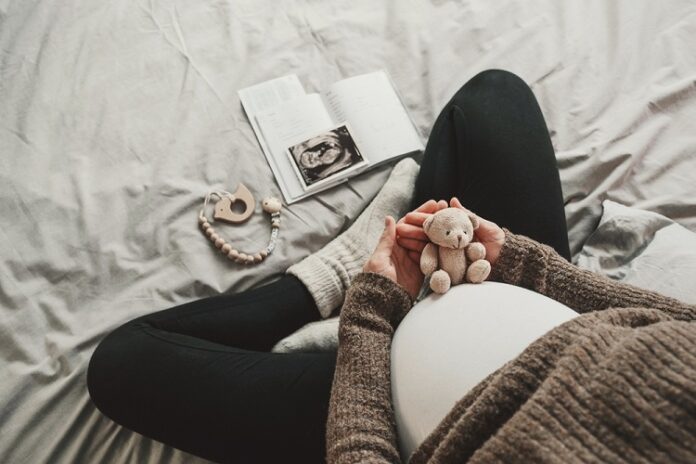Instead of using a bank, families and single parents upper east side are matching and donating embryos to each other, creating a more personal relationship.
Here are five key points to consider before deciding whether to adopt or donate embryos:
Table of Contents
This has nothing to do with adoption.
Donating preserved embryos to intended parents who intend to use them for themselves is known as embryo donation. If they have one, the donor and their spouse donate their genetic material. A Donor Agreement will be signed between the parties to outline the scope of the gift, their respective legal rights, and the parameters of their ongoing relationship. Adoption may take place after a child is born, but it is not an element of the embryo donation procedure. This varies by state and the requirements for establishing parentage in those jurisdictions.
There will be further agreements to make.
When dealing with a situation involving embryo donation, there may be a variety of documents to go over and file with the clinic, as well as any organization or another independent that is involved. For instance, both the donors and the intended parents may need to sign paperwork to indicate their acceptance of the embryos and their agreement to a specific plan for embryo disposal before the embryos are released from the clinic or storage facility.
There will be legal representation.
Donors and intended parents will consult with their separate legal counsel to draft a Donor Agreement and secure the necessary consent from the clinic before embryos may be released to them. You can have your attorney review the documents you will be signing with the agency, the fertility clinic, and the cryobank storing the material.
Embryo disposal is an important consideration.
When the embryos arrive at the fertility clinic, you can choose to have them genetically tested, use one for an IVF transfer, and save the others in frozen (or cryopreserved) form. In the event of your death, divorce, or separation, or if you fail to pay your storage fees, the clinic and the storage facility will want you to sign documents outlining how you want any surviving embryos to be disposed of. If one party is to receive embryos in the event of a divorce or death, the other party will want to ensure that their prenuptial agreement and will reflect the same wishes.
You will need to keep the future in mind.
Donors and recipients will specify their desired anonymity level in the agreement and how they would prefer to be contacted in the future if they discover they share ancestry. The children who are the focus of the Donor Agreement are not signatories to the contract. The embryos may have other unidentified biological siblings if they were generated using donor sperm or eggs from a sperm bank.











